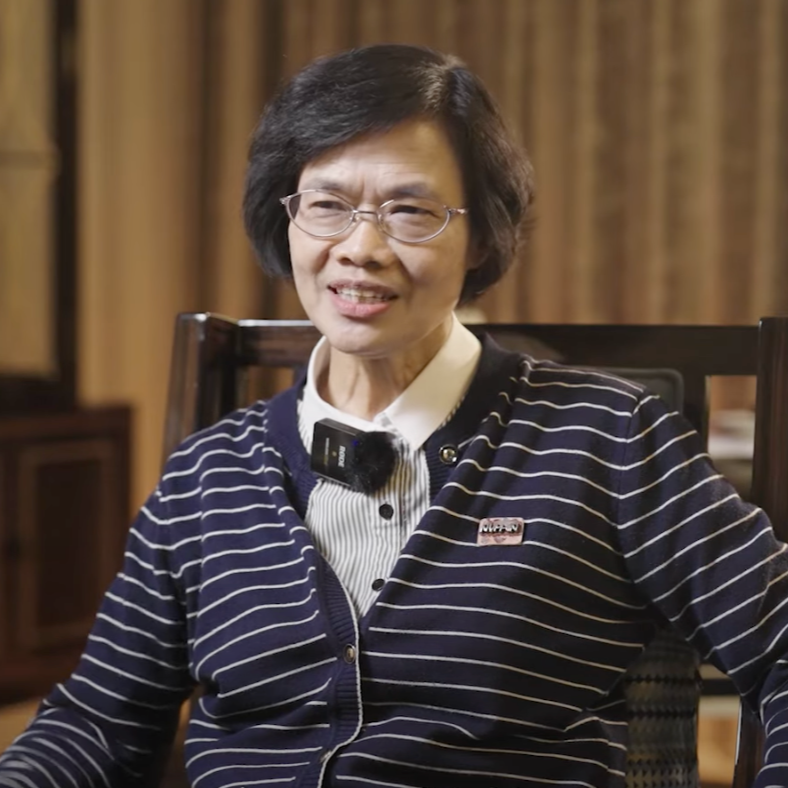Taiwan’s Workers’ Movement
The China Academy is pleased to publish the following interview with Ms. Wang Juanping, Vice President of the Labour Party of Taiwan. Ms. Wang is a lifelong supporter of the labor movement in Taiwan.
October 23, 2023
Click Register
Try Premium Member for Free with a 7-Day Trial
TOP PICKS
China Will Not Save the US Again
October 25, 2024

Chinese Drone Giant DJI Sues Pentagon in Rebellion Against US Blacklisting
October 25, 2024

NEWSLETTER
October 22, 2024
August 9, 2024
July 29, 2024



